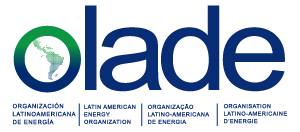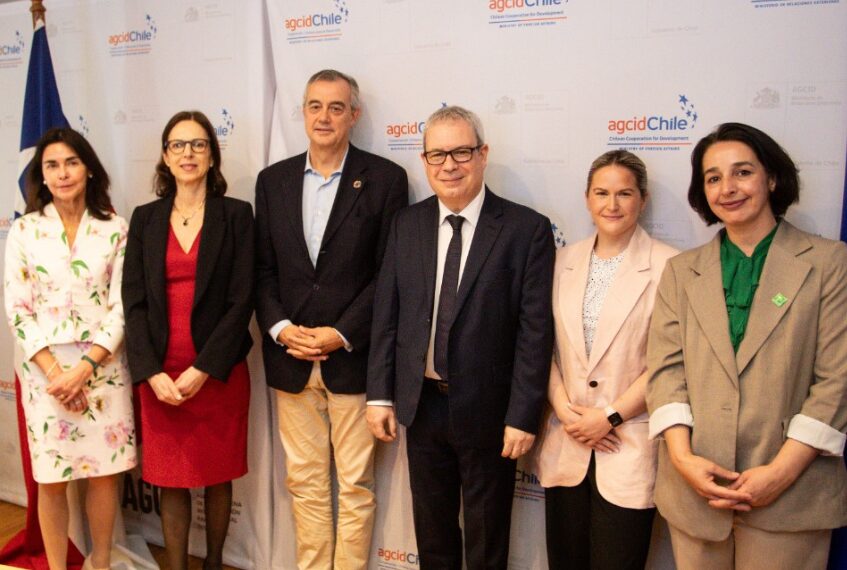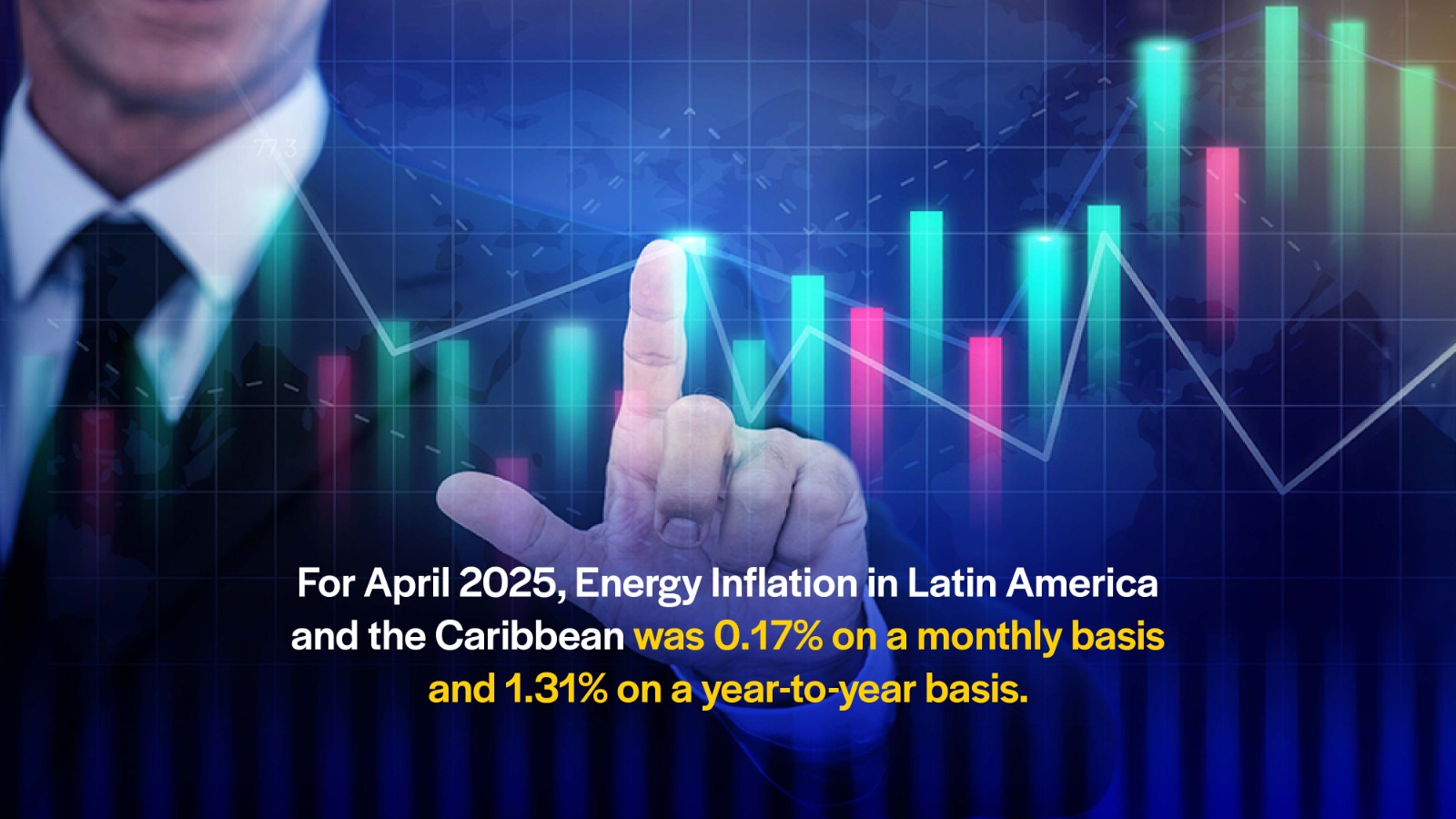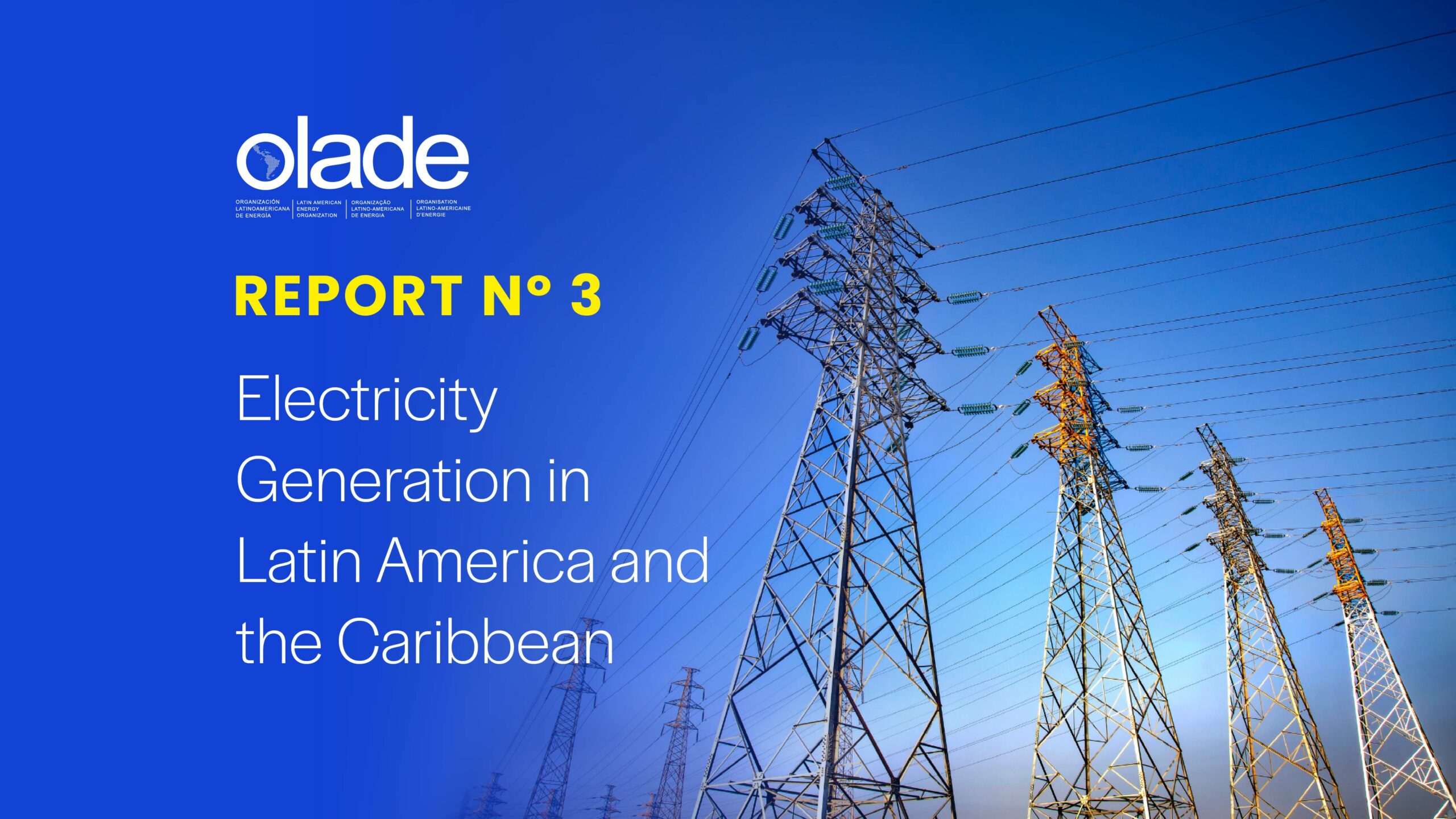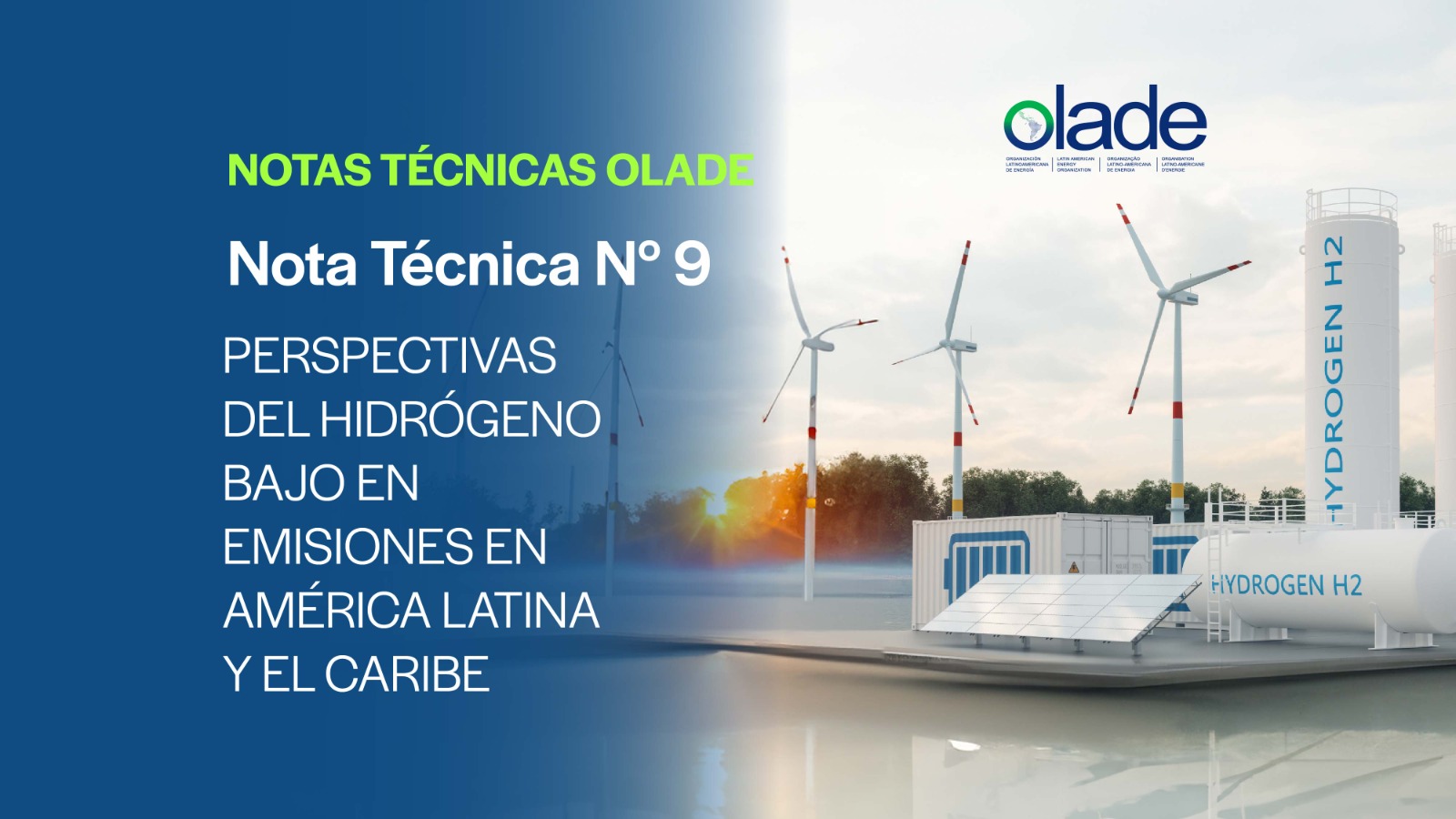To strengthen the clean energy market in the Latin America and Caribbean region and identify the requirements and standards for compliance with international standards, the launch of the project titled “Strengthening Latin America’s Capabilities for Compliance with International Standards in Low- or Zero-Emission Hydrogen Certification and Its Derivatives for Export Purposes” took place. This project is funded by the Chile-European Union (EU) Triangular Cooperation Fund under the ADELANTE 2 Program.
The initiative aims to analyze the gaps and opportunities in renewable hydrogen projects and derivatives from four countries in the region (Chile, Argentina, Colombia, and Panama) to obtain certification that would allow them access to international markets, particularly the European one, establishing a roadmap to achieve it. This project is a joint effort between the European Union, Chile’s Ministry of Energy, the Latin American Energy Organization (OLADE), and the Chilean Agency for International Cooperation for Development (AGCID).
The ceremony was led by Félix Fernández Shaw, Director for Latin America and the Caribbean at the Directorate-General for International Partnerships of the European Commission; Enrique O’Farril, Executive Director of AGCID; Mijal Brady, Chief of Staff of the Latin American Energy Organization (OLADE); and María Helena Lee, Head of the International Relations Office of the Ministry of Energy.
“This project exemplifies the EU’s commitment to international partnerships and regional integration. The certification of renewable hydrogen will position countries in the region as global leaders in the export of this product,” said Félix Fernández Shaw.
“The support from OLADE for this project, as the executing body, contributes to global decarbonization initiatives in the energy sector and climate change mitigation, aiming to leverage the vast renewable energy resources of the Latin America and Caribbean region to export clean and low-emission energy vectors to other parts of the world, where there is growing demand for these products to accelerate energy transition processes,” explained Mijal Brady.
Meanwhile, AGCID Executive Director Enrique O’Farril emphasized that “this initiative will enable us to generate synergies between Europe and Latin America, and from Chile to the region, in the clean energy industry, specifically hydrogen and its derivatives. Undoubtedly, it highlights the main objective of triangular cooperation, which is to foster solidarity and the exchange of knowledge and experiences between countries, leveraging the resources and capabilities of each.”
The Head of the International Relations Office of the Ministry of Energy stated, “This project is a significant milestone for Latin America on the path towards a just and sustainable energy transition. For Chile, green hydrogen is a strategic priority, and this collaboration with the European Union and OLADE will enable us to strengthen our capabilities, aim for high certification standards, and open the doors to international markets. This joint effort not only drives sustainability but also positions the region and Chile as key players in the global clean energy market.”
The project includes a series of workshops and technical exchange dialogues between the Energy Ministries of the four countries, where information will be gathered and joint actions proposed. Additionally, the systematization and analysis of the workshop results will facilitate the development of a roadmap for renewable hydrogen certification and its derivatives in the region.
